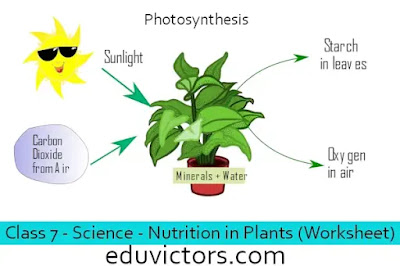The Lost Child (Chapter Summary)
Author: Mulk Raj Anand
Chapter Summary
This is a short story of a child, his aspirations, demands and realisation. It was springtime and the people in colourful attire were going to the fair. The child was taken to the fair by his parents. He was attracted to almost all the things that he came across like balloons, merry-go-round, toys and eatables. He asked for these things from his parents. They had no desire to purchase things for the child. The crowd was thick and the parents tried to move through it holding the hand of the child. At one point, the child got lost in the fair and started crying asking for his father and mother.








